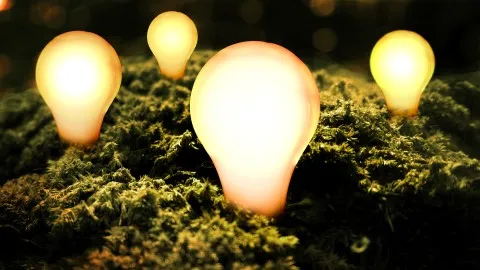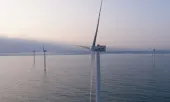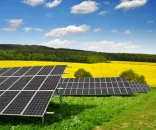
India sets generic tariffs for renewables
It will apply to small hydro projects, biomass with Rankine cycle projects, non-fossil fuel-based co-generation projects, biomass gasifiers, and biogas-based projects.
India’s Central Electricity Regulatory Commission (CERC) has set generic tariffs for the purchase of electricity from a host of renewable energy generation sources during FY2019-2020, a report by Mercom revealed.
The levelised generic tariff will reportedly apply to small hydro projects, biomass with Rankine cycle projects, non-fossil fuel-based co-generation projects, biomass gasifiers, and biogas-based projects. CERC previously proposed the tariff or FY 2019-20 in January 2019.
For solar photovoltaic (PV), solar thermal, wind (onshore and offshore), municipal solid waste (MSW)/refuse derived fuel (RDF) and other emerging renewable energy technologies, the determined tariff will be project specific, and not generic.
For small hydro projects with a capacity below 5MW, the capital cost will be approximately $1.44m (₹100m)/MW in Himachal Pradesh, Uttarakhand, West Bengal, and North Eastern states whilst for other states, it will be roughly $1.12m (₹77.9m). For small hydro projects with a capacity ranging from 5MW to 25MW, the capital cost will be $1.3m (₹90m)/MW in Himachal Pradesh, Uttarakhand, West Bengal, and North Eastern states and in other states, it will stand at an estimated $1.02m (₹70.7m)/MW.
Meanwhile, for biomass with Rankine cycle project with a water-cooled condenser, the capital cost will be $806,812.41 (₹55.9m)/MW, they said. For projects other than rice straw and Juliflora (plantation) with an air-cooled condenser, the capital cost will be $872,338.86 (₹60.044m)/MW, whilst rice straw and Juliflora (plantation)-based projects with a water-cooled condenser, the capital cost will be $881,735.12 (₹61.080m)/MW.
Capital costs for non-fossil fuel-based cogeneration projects will stand at $711,139.96 (₹49.25m)/MW, and for biomass gasifier projects, the capital cost will be $639,664.98 (₹44.3m)/MW. For biogas power projects, the capital cost will be $1.28m (₹88.6m)/MW.
“This is the third year of the control period in which the CERC has issued generic tariffs for select renewable energy sources,” the report highlighted, adding how in March 2018, CERC had issued generic tariff for select renewables for FY 2018-19. Mercom previously reported on the generic tariff proposed by CERC for select renewables for FY 2017-18.













 Advertise
Advertise











